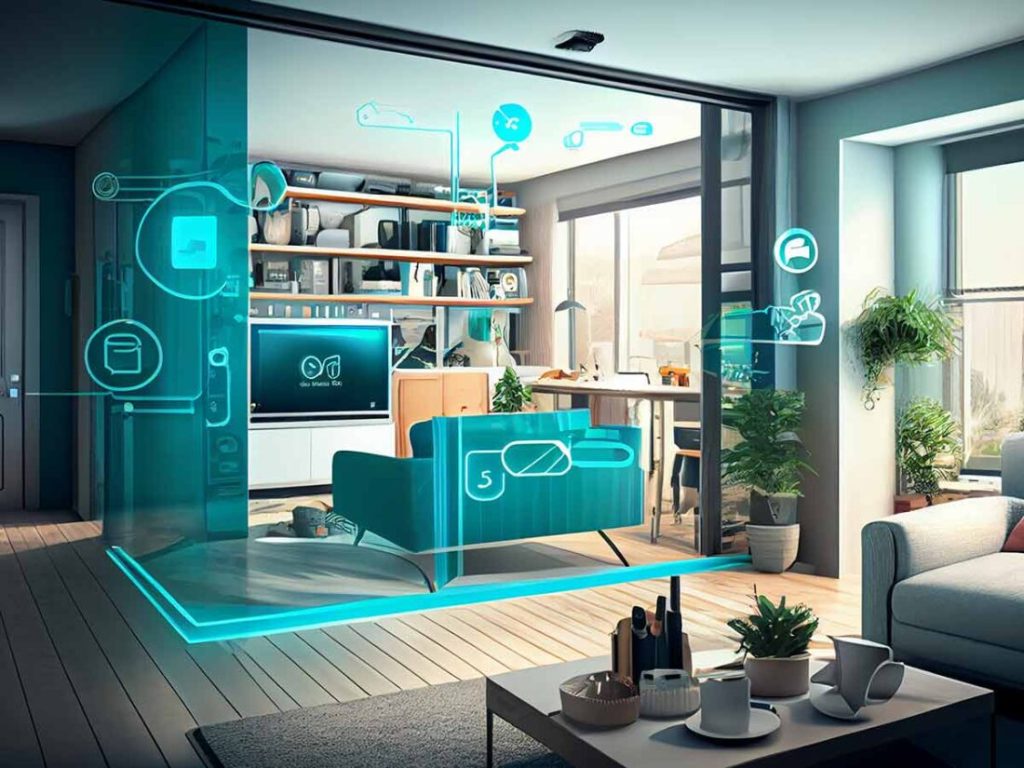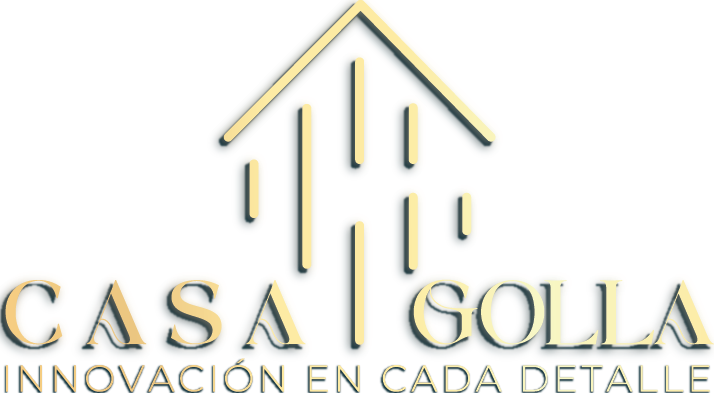In recent years, the concept of smart home Smart home has ceased to be a futuristic trend and has become an accessible and increasingly popular reality. With technological advances improving everyday life, the question is not whether we should invest in a smart home, but why. In this article, we will explore the main reasons why more and more people are choosing to take the step towards a more efficient, comfortable and secure home.
1. Energy saving and energy efficiency
One of the main advantages of a smart home is energy savings. Smart devices, such as thermostats, lights and appliances, can optimize energy consumption.
Savings example:
- Smart Thermostats Home appliances such as Nest or Ecobee allow you to program the temperature of your home according to your needs, reducing heating or air conditioning consumption when it is not necessary. This can lead to significant savings on energy bills.
- Smart lights that automatically turn off when no motion is detected or adjust their intensity based on natural light
With the rising cost of energy, energy efficiency is a compelling reason to invest in a smart home, as you not only reduce household expenses but also contribute to caring for the environment.
.

2. Greater security and remote control
A smart home offers a advanced security through camera systems, sensors and smart locks. You can monitor your home from anywhere, in real time, through your mobile phone.
- Smart security cameras: Some even feature motion detection, night vision, and instant alerts when suspicious activity is detected.
- Smart locks: They allow remote control of access to your home, which is ideal for situations where you need to allow someone to enter when you are not present.
Additionally, these systems provide an extra layer of protection in case of emergencies, such as fires or gas leaks, with devices that notify you immediately if a risk is detected.


3. Comfort and control in the palm of your hand
Convenience is one of the main draws of smart homes. You can control a variety of devices with just a tap on your mobile phone or even with voice commands.
- Virtual Assistants like Amazon Alexa, Google Assistant or Apple Siri allow you to control everything from lights to music without lifting a finger.
- Connected appliances Smart appliances such as refrigerators, washing machines and vacuum cleaners make household chores easier and more efficient. For example, a robotic vacuum cleaner can clean your house while you are at work.
This level of remote control and task automation improves the quality of life, making it more convenient, especially in a fast-paced world where time is a valuable resource.
4. Increase in property value
Investing in a smart home also has a positive impact on the resale value of the property. People are increasingly looking for homes with advanced technology, and a home equipped with smart devices can stand out in the real estate market.
- Attractive for buyers: A smart home is considered an asset that saves time and money. By having state-of-the-art devices, you can attract buyers looking for convenience, energy savings and advanced technology.
- Added value:Homes that are prepared to integrate modern technology have a higher resale value, since new owners will not have to make large investments in modernizing the property.
If you plan to sell your home in the future, smart systems can help you maximize its value.


5. Improves accessibility and independent living
Smart homes also offer significant advantages for elderly or disabled people. Through adaptive technologies, they can improve autonomy and facilitate daily tasks.
- Voice systemsVirtual assistants allow people to control various devices without having to move, which is ideal for those with limited mobility.
- Automation: Scheduling devices such as lights, doors or appliances makes everyday life easier and more accessible.
This technology allows people to live more independently and safely, without the need for constant assistance.
6. Trend towards sustainability and environmental care
As awareness of climate change and sustainability increases, more people are looking for solutions that allow them to reduce their ecological footprint. Smart homes offer key tools to achieve this, such as the use of renewable energy or waste management systems.
Smart Solar Panels: Integrating a solar panel system with a smart home allows you to manage energy usage more efficiently, even storing energy for use when demand is highest.
Consumption management: Smart homes allow you to monitor and control energy consumption in real time, which can help reduce waste and promote more responsible consumption habits.
The desire to protect the planet and reduce energy costs makes investing in a smart home a more attractive option.
